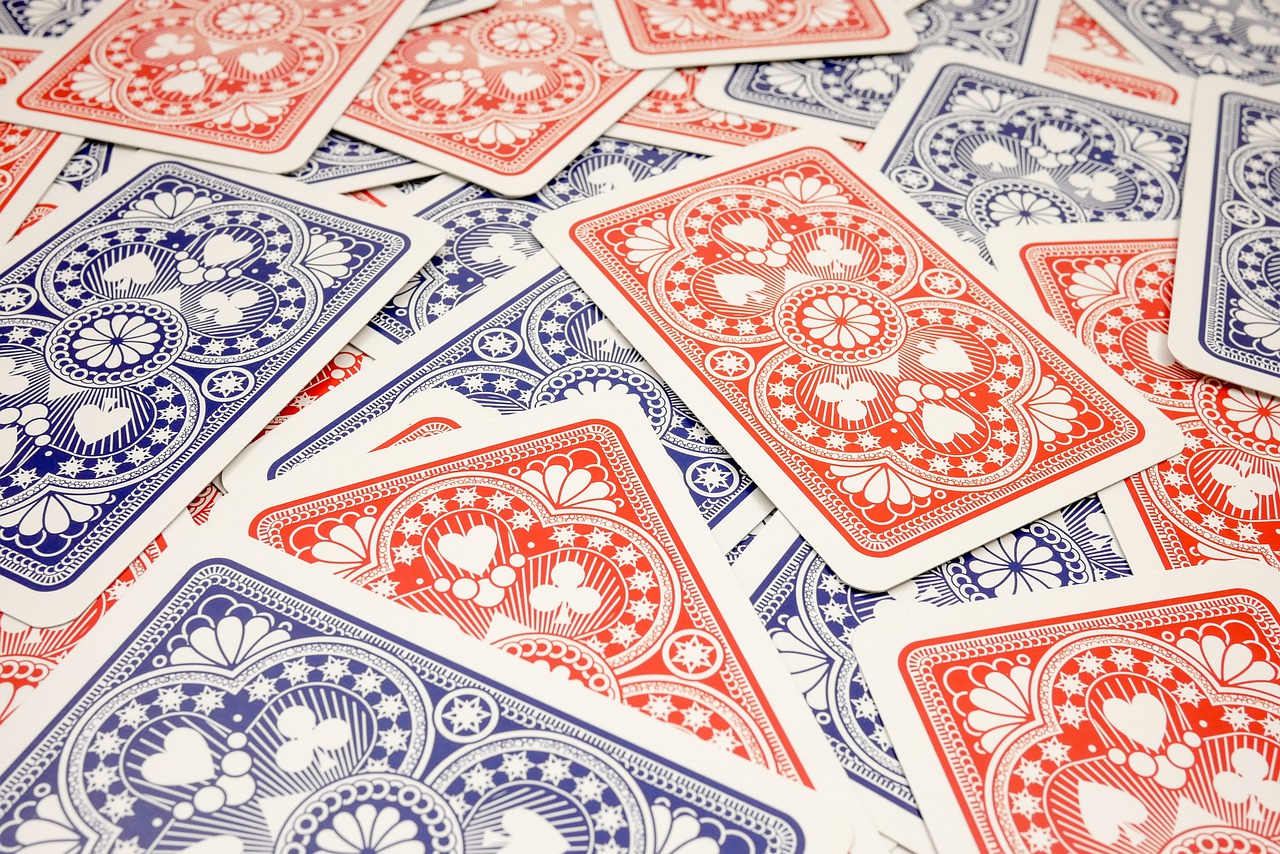If you’ve heard about Blackjack, you’ve probably heard to always look for a blackjack game with fewer decks – whether you play Blackjack online for free or for real money. However, this may sound confusing.
In this article, we will explain why the number of decks matters and what kind of game you should opt for.
Blackjack
Blackjack is one of the most widely played casino card games. The goal of the game is simple – you need to collect cards that total more points than the dealer, without going over 21.
The game uses from one to eight decks. Because the probability of blackjack combinations with more decks is lower, the player’s advantage decreases as the number of decks increases.
Doubling Up with Fewer Decks
Choosing fewer decks means you have a better chance of winning.
Here’s why:
You have a better chance of getting a natural hand when you have fewer cards in your deck. This makes doubling more efficient. But it also means you’ll get 3:2 payouts much more often.
But you don’t just make more money when you get a natural hand. You also get more chances on Blackjack when you double your bet with an Ace. So 3:2 is a great payout, but it’s even better if you double the bet first.
The dealer also becomes more natural when you play with fewer decks, but that’s not a big deal because the dealer doesn’t get a bonus win from you when they get Blackjack. You’ll just lose if you don’t have a natural either.
Skip Tables 6:5
You shouldn’t play Blackjack with a single deck if it only pays out 6:5 for Blackjack. This is one of the worst rule variations in the game. It’s more than enough to wipe out any small benefit you might get from fewer decks in the shoe.
In fact, this one rule change increases the casino’s advantage by as much as 1.4%.
Deck Size and Casino Advantage
The casino’s advantage is the percentage of each bet that the casino expects to keep for an extremely long period of time. So, if we’re talking about a 1% casino advantage game, the casino expects to win $1 every time you bet $100. Of course, that NEVER happens with one hand of Blackjack. But over the course of thousands of hands, it can easily reach that amount.
Eight decks have a higher house advantage than six decks, and six decks have a higher house advantage than two or one. So, all other things being equal, move to play fewer decks each time. The only exception is the 6: 5 payoff, which we’ve mentioned before.
You can play a one-deck game with good rules and only have a 0.17% casino advantage. In the same game with the same rules, the casino advantage can be 0.46% if you double the number of decks in the game. With four decks, the casino advantage increases to 0.60%. With eight decks, the casino advantage is 0.66%.
The Chances of Getting a Blackjack
The likelihood with one deck is 4.83% and 4.78% with two decks. With six decks, the percentage drops to 4.75%. As a result, in Blackjack, a smaller number of decks and regulations means a larger chance of drawing a Blackjack.
Counting Cards with Fewer Decks
Card counting is a popular technique for playing with an advantage, where the player keeps track of the relative number of aces and tens in the deck compared to the younger cards. A deck with proportionally more senior cards is more likely to result in a natural and appropriate 3:2 payout.
This means you can raise your stakes in certain situations and get a profitable situation. However, with more decks in play, it’s hard to get into a positive expectation situation.
Conclusion
Blackjack is an amazing, fun game. And if you want to win, you should choose fewer decks, as it’ll imply a greater chance of getting a natural draw. The 3:2 payout is the main reason why adding new decks lowers your odds. Change that payout from 6:5, and you lose the advantage you gain by playing the game with a single deck.
Having a large number of decks in play means more to the card counter than most others, although it reduces the odds of anyone playing the game. It’s hard to gain an advantage with so many cards in play, so the card counter has less opportunity to raise their stakes.
But even if you are just a basic strategy player, you should look for single-deck games.



 Bitcoin
Bitcoin  Ethereum
Ethereum  Tether
Tether  XRP
XRP  Solana
Solana  USDC
USDC  Cardano
Cardano  TRON
TRON  Lido Staked Ether
Lido Staked Ether  Toncoin
Toncoin  Avalanche
Avalanche